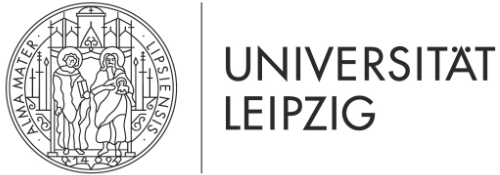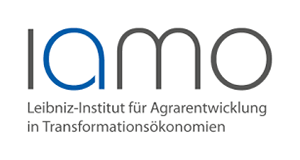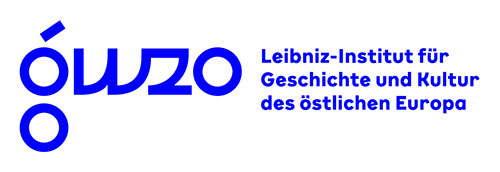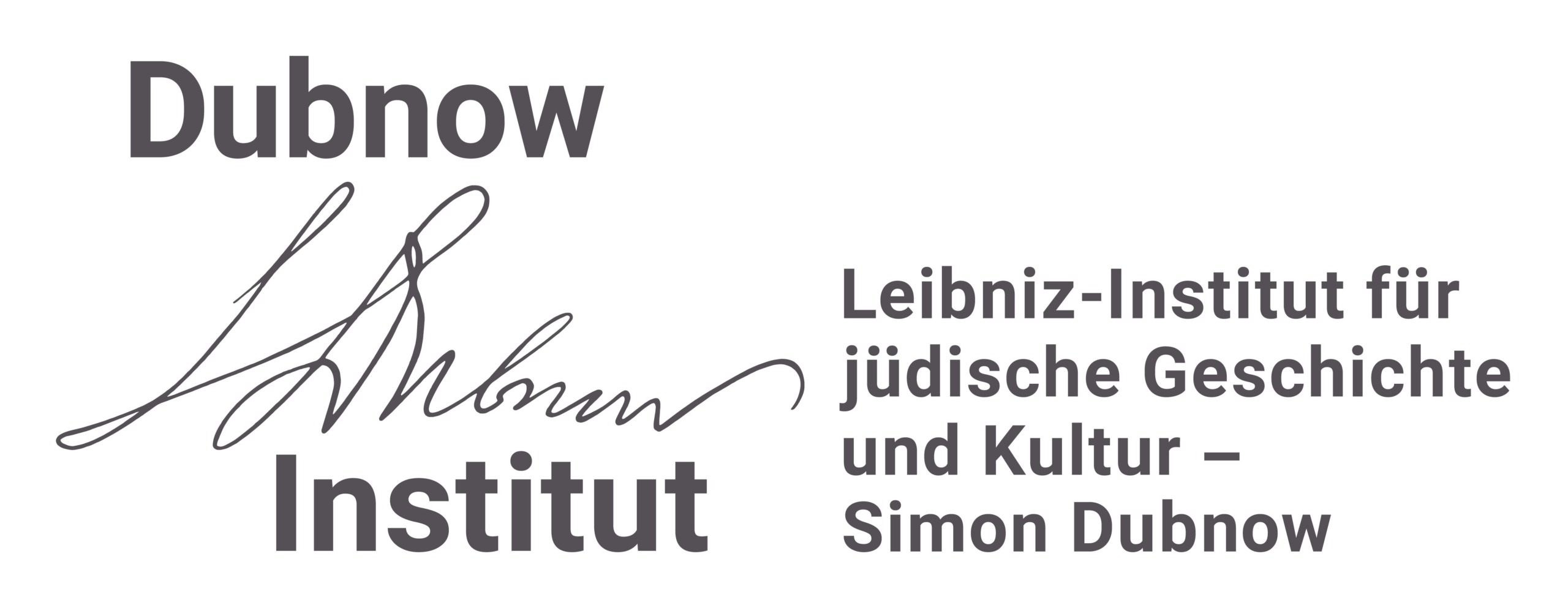Jacqueline Nießer
Research Area 2, Research Area 4
Stay at EEGA: March – May 2020
Research project: A Transnational History of postwar Body Politics
Dr. Jacqueline Nießer is a research fellow at the Leibniz-Institute for East and Southeast European Studies in Regensburg (IOS), and has worked as associated lecturer in Public History and Cultural Education as well as in East and Southeast European History at the University of Regensburg. Jacqueline pursued her PhD at the Graduate School for East and Southeast European Studies in Regensburg on transnational memory activism in post Yugoslavia. She also coordinated the Horizon 2020 international research project COURAGE – Cultural opposition in socialism at IOS for three years.
Her project researches body culture during the Cold War from a global perspective. Starting from FKK-tourism in socialist Yugoslavia, it will explore body politics at the fringes (nude tourism) and from the “bottom-up” (experiences, ideas, practices). The idea is to integrate body culture of the ‘Global East’ (Müller 2018) into a transnational history of postwar body politics. In socialist Yugoslavia, FKK-tourism developed in a transnational setting, as the first official naturist camp emerged on the initiative of German nudists from Munich in 1961 on the island of Koversada (Bosić 2013). Quickly, non-aligned Yugoslavia became one of the hotspot of naturist resorts in Europe, so that the International Naturist Federation held its international congress on Koversada in 1972. Jacqueline is interested in the global connections between the naturists, through tourism as well as through their membership in the INF-FNI. The exchange of ideas on body cultures (health, intimacy, sexuality) between the Global North, South and East lies at the center of her research. Can we perceive of capitalist versus socialist body politics? And if so, did naturists infiltrate (like in the GDR) or rather drop out of those norms (Fürst 2017)?








